Photo

Retentional Finitude is Dead!
After reading 1009 books and posting from them here, I have decided it is time to terminate this account. I’ve resolved to read (slightly) less and create and hike more. I will continue to sporadically post on Instagram: https://www.instagram.com/retentional_finitude/
A note of gratitude to the few individuals whose posts kept me on this platform this long:
@bergmans-ghost; @shihlun; @barcarole; @istmos; @vulgarfractions
36 notes
·
View notes
Photo

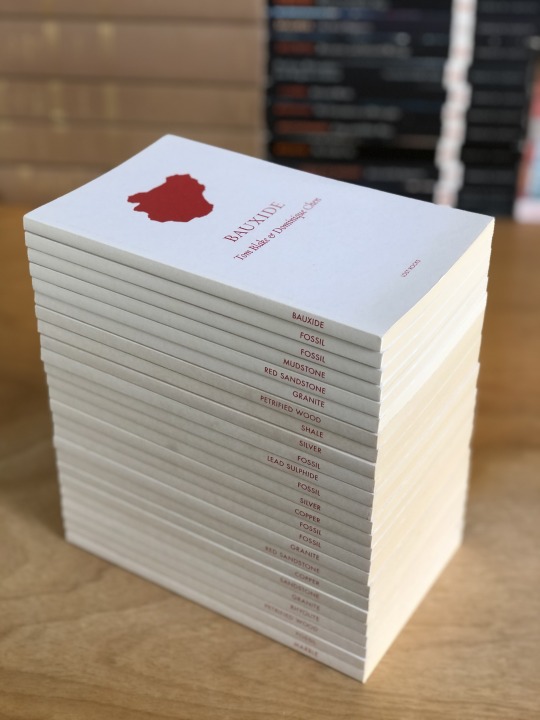
The 10 best books I read in 2021 (out of 163 total):
Michel Bernanos, The Other Side of the Mountain
Roger Caillois, The Writing of Stones
Michel Foucault, Confessions of the Flesh
Martin Heidegger, Contributions to Philosophy
Roni Horn, Island Zombie
Pierre-Albert Jourdan, The Straw Sandals
John McPhee, Annals of the Former World
Jonas Mekas, I Seem to Live
Hugh Raffles, The Book of Unconformities
Tim Robinson, Stones of Aran
The greatest thing I read this year was 28 volumes of the Lost Rocks project from A Published Event
25 notes
·
View notes
Photo
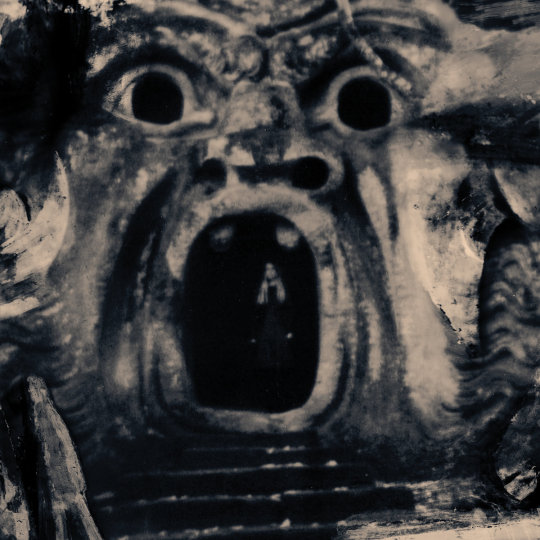


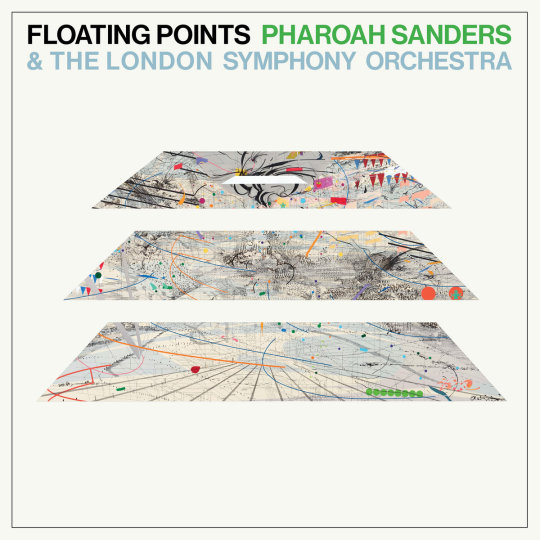
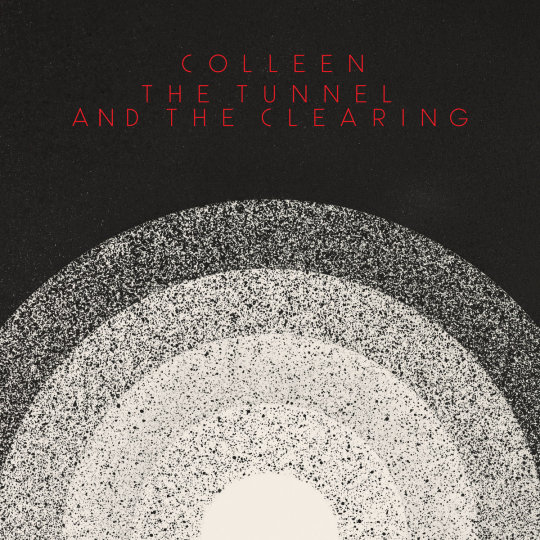


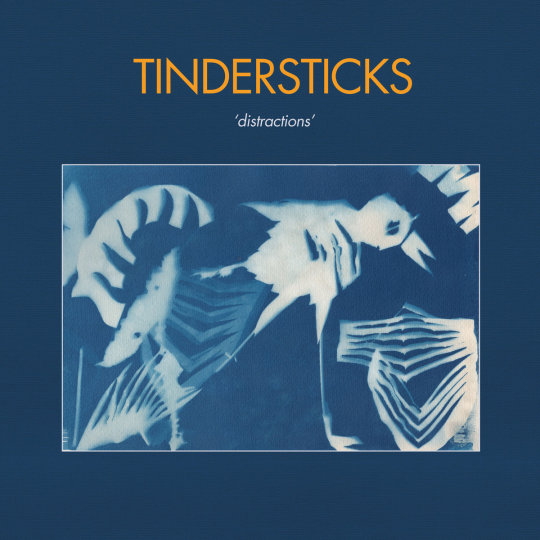
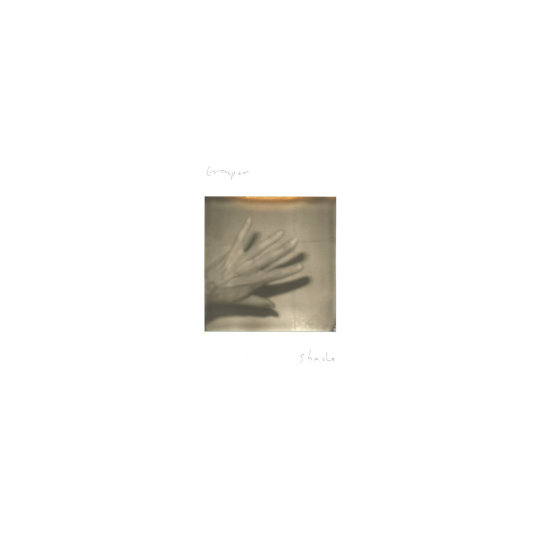

The 10 best vinyl records I purchased this year:
Don Cherry, Om Shanti Om
Colleen, The Tunnel and the Clearing
Alice Coltrane, Turiya Sings
Dirty Three, Ocean Songs
Anna von Hausswolff, All Thoughts Fly
Grouper, Shade
Vikingur Olafsson, Johann Sebastian Bach
Pharoah Sanders & Floating Points, Promises
Tindersticks, Distractions
VA, The Harmonic Series II
23 notes
·
View notes
Photo
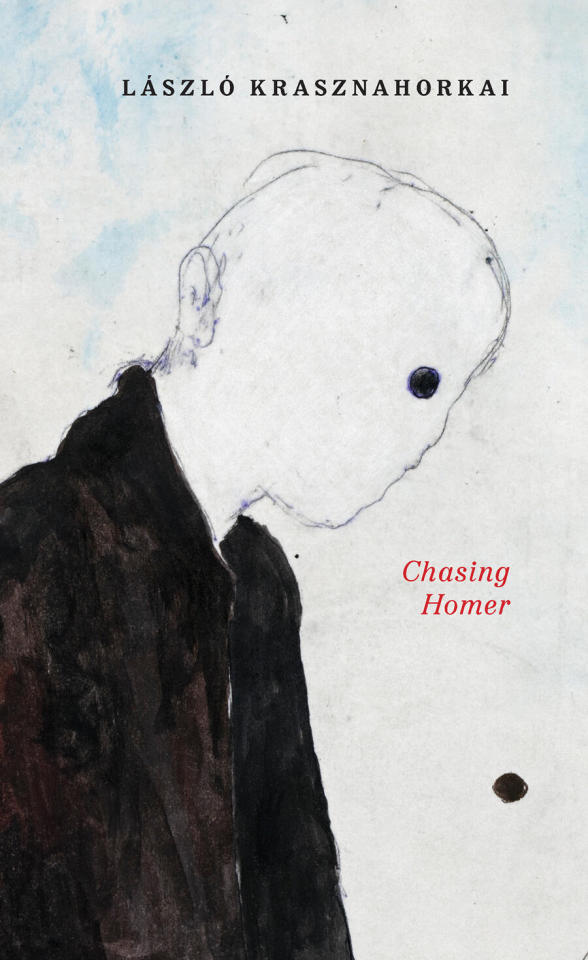
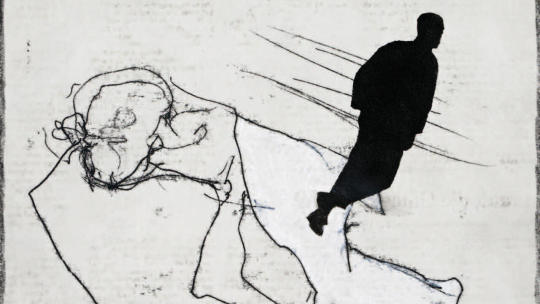

“for nothing has an ultimate purpose, because nothing has any purpose, it is always just one particle of existence that is itself nothing but a process, wandering from process to process, or more exactly, tumbling from one process to another, to thrash about until tumbling into the next process, so that instead of a purpose it has a consequence, and what they--mistakenly! mistakenly!--call purpose is the result of the raging of particles carried along by processes determined by chance, but it’s nothing except mere consequence, that the particle, the process, must constantly suffer, and that this suffering--more precisely: this enduring--is life itself, and therefore life as a whole possesses nothing whatsoever, only its inner processes offer something, namely the way life resurrects like a spark and immediately expires amid the delirious war of consequences, without anything ultimate or any similar inanity.” --Laszlo Krasznahorkai, Chasing Homer
56 notes
·
View notes
Photo
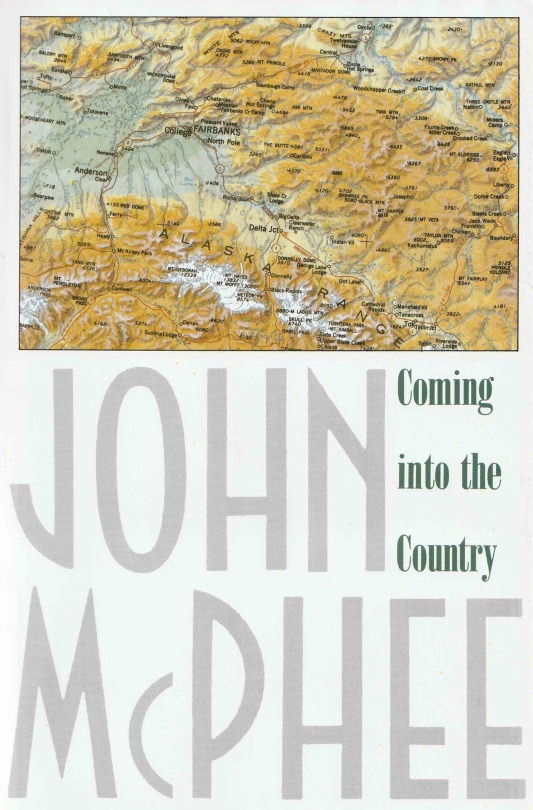
“[O]utside, people who sit on sidewalks wearing Italian hiking boots and machine-faded jeans imply an extremity somewhere else. Surely, some of them will stand up and leave town, and when they leave they will go toward the wild--probably to the nearest mountain. Some will keep going to an even wilder place. Some will go farther than that. The logical inevitability for this chain of beings is that the ultimates will appear in Eagle (or Circle or Central or somewhere else in Alaska)--where civilization stops. And a very few will then jump free, going deep into the roadless world. By the time they reach Eagle, their momentum is too great to be interrupted by an act of Congress, even if they know of it and understand what it says. What the law now calls for is the removal of the last place in the United States where the pioneer impulse can leap from confinement. It is in the character of the impulse that the impulse will leap anyway.” --John McPhee, Coming into the Country
13 notes
·
View notes
Photo
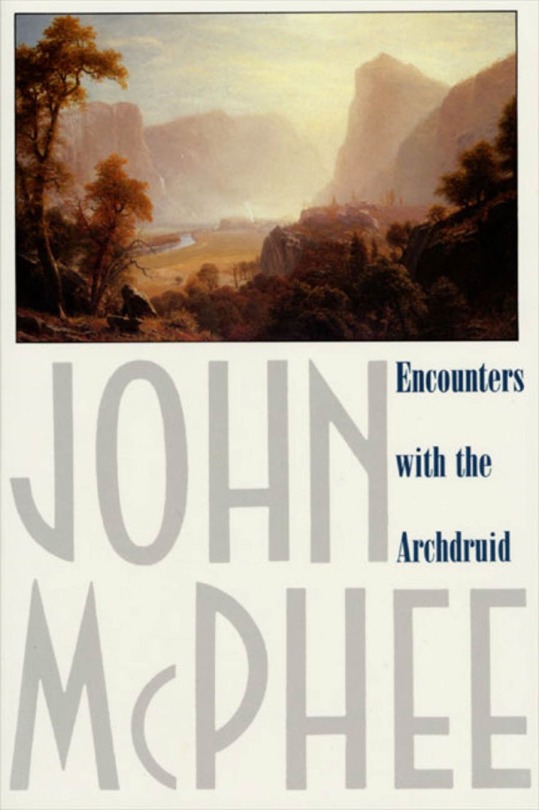
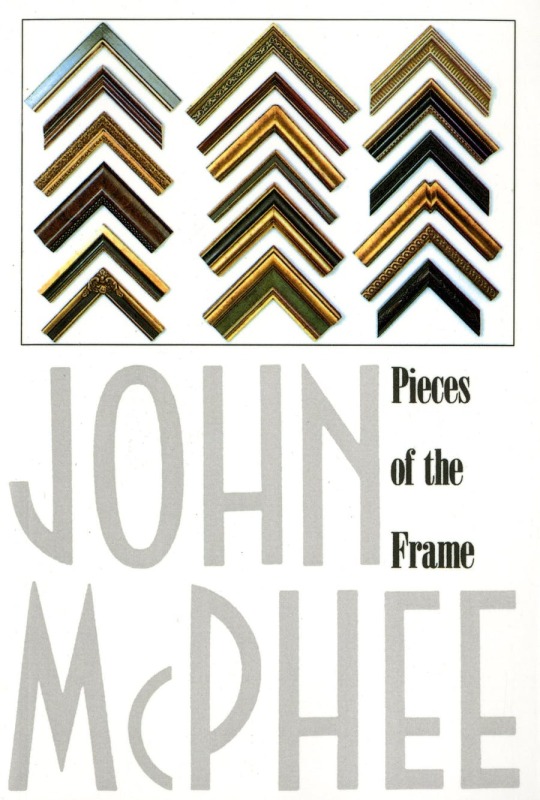
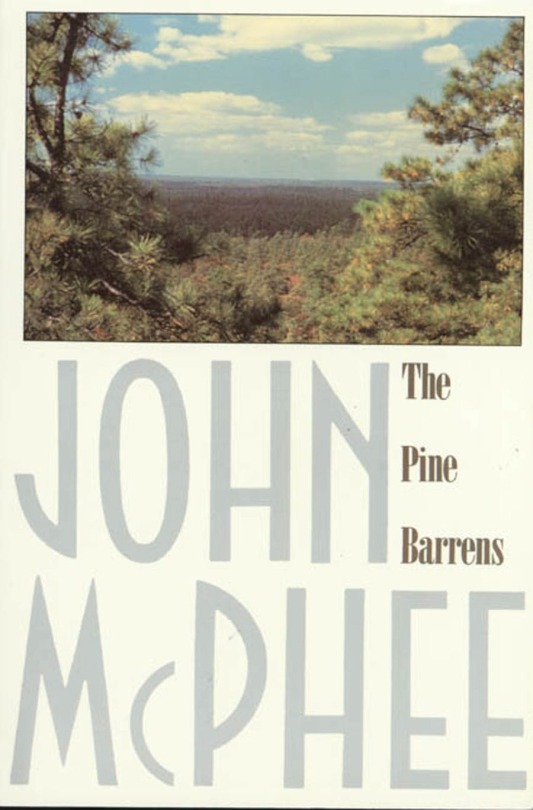
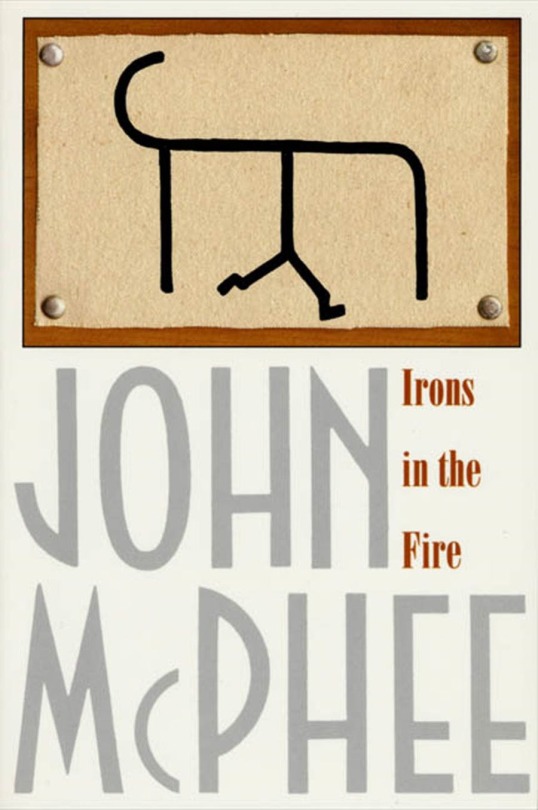
“[He] spoke slowly, not because he was hesitant but simply in a measure that seemed compatible with geologic time.”
“It was a sign that said, ‘You Are Now Entering the Glacier Peak Wilderness Area.’ In other words, ‘Take one more step and, by decree, you will enter a preserved and separate world, you will pass from civilization into wilderness.’ Wilderness was now that definable, that demonstrable, and could be entered in the sense that one enters a room.”
--John McPhee, Encounters with the Archdruid
Also read this month, John McPhee’s Pieces of the Frame, The Pine Barrens, and Irons in the Fire.
7 notes
·
View notes
Photo

“I guess I had expected something a little rough, rippled, crude, asymmetrical. These things, to the eye, were perfect in their symmetry. Their color was pleasing. Turn them over--their ribs, thwarts, and planking suggested cabinetwork. Their authenticity seemed built in, sewed in, lashed in, undeniable. In the sunlight of that cold November morning, they were the two most beautiful canoes I had ever seen. All this--when what I had frankly feared encountering were outsize, erratic souvenirs.” --John McPhee, The Survival of the Bark Canoe
8 notes
·
View notes
Photo
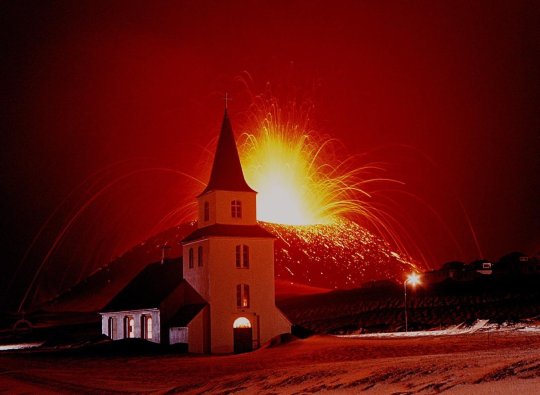
“Holding the bag in front of my face, I dipped the hammer into the stream, and discovered that the liquid lava had the elastic texture of egg-white chocolate mousse. When I set it down, none of it stuck to the hammer, the temperature of the steel being so different from the temperature of the lava....I waited for my new rock to cool, with intent to take it home, where rock samples lie around in abundance and typically have ages of five hundred million years, fifty million years, five million years. The age of this one was five minutes.” --John McPhee, The Control of Nature
Image: Eruption of a volcano on Heimaey, Iceland
17 notes
·
View notes
Photo

“I believe that desire, frustration and social and cultural inequality are reflected in the way we examine the contents of our shopping cart or in the words we use to order a cut of beef or to pay tribute to a painting; that the violence and shame inherent in society can be found in the contempt a customer shows for a cashier or in the vagrant begging for money who is shunned by his peers--in anything that appears to be unimportant and meaningless simply because it is familiar or ordinary.” --Annie Ernaux, Exteriors
57 notes
·
View notes
Photo
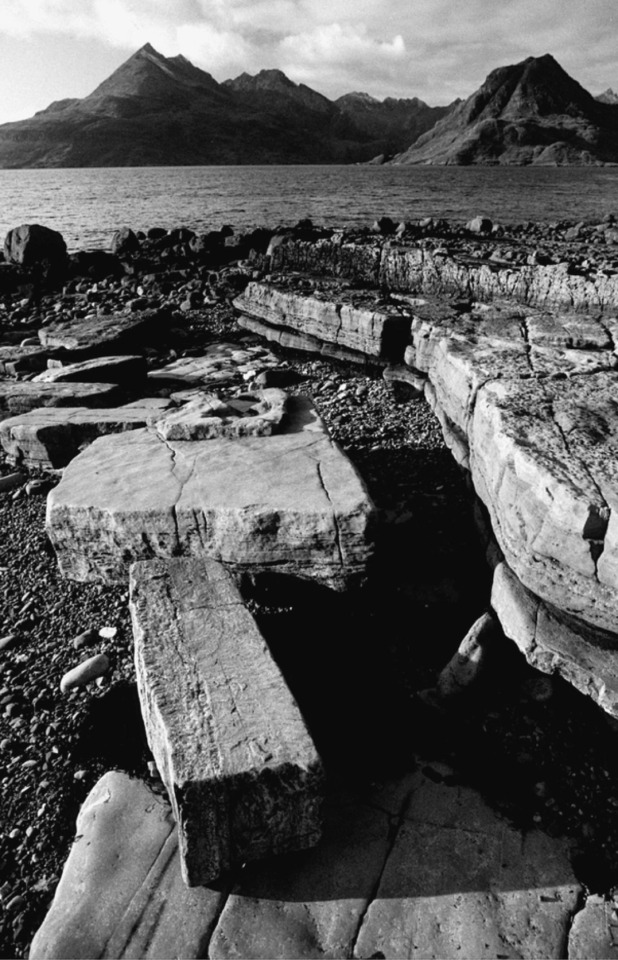
“The Burren...is an antique sea. Hundreds of millions of years ago its limestone was the bed of a shallow tropical ocean, upon which the bodies of oysters, sea-snails, ammonites, belemnites, coccoliths, sea lilies and corals rocked gently down in their billions, to form a limy silt. Each fragment of the Burren is a mausoleum, each hill a necropolis of unthinkable dimensions, containing more dead organisms than there are humans who have ever lived.
To be in the Burren is to be reminded that physical matter is simultaneously indestructible and entirely transmutable: that it can swap states drastically, from vegetable to mineral or from liquid to solid. To attempt to hold these two contradictory ideas, of permanence and mutability, in the brain at the same time is usefully difficult, for it makes the individual feel at once valuable and superfluous. You become aware of yourself as constituted of nothing more than endlessly convertible matter--but also of always being perpetuated in some form. Such knowledge grants us comfortless immortality: an understanding that our bodies belong to a limitless cycle of dispersal and reconstitution.”
--Robert MacFarlane, The Wild Places
14 notes
·
View notes
Photo

“This relationship became the sole grounding force in my life, a hard phenomenon to explain to someone who has never felt this flimsy, this disposable. A false step, and I would become someone else entirely, as if the years leading up to the present were lost. Unplugged. Unmoored, Without backstory.” --Stephanie LaCava, The Superrationals
12 notes
·
View notes
Photo
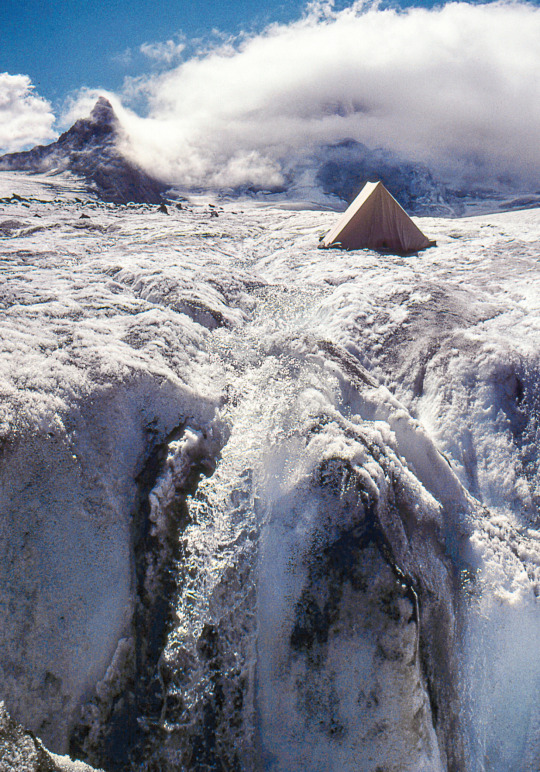
“For me, one of the most enthralling things about glaciers is the fact that the place where all the action happens you can neither see nor touch. You are left to imagine the point where the ice ends and the rock begins, and ponder what life could survive such grinding hostility as the glacier moves, picks up and regurgitates boulders, stones and sand. Only when the ice retreats is the evidence revealed, an ornate assemblage of ice-etched, polished rock surfaces, carved melt channels, moulded sediments–traces of a past dark, violent underworld.” --Jemma Wadham, Ice Rivers: A Story of Glaciers, Wilderness, and Humanity
Image: Pete Nienow
40 notes
·
View notes
Photo
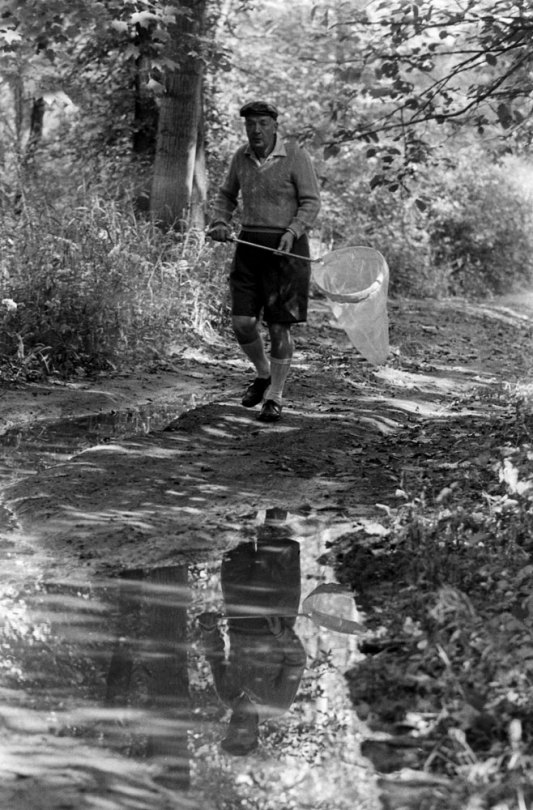
“The cradle rocks above an abyss, and common sense tells us that our existence is but a brief crack of light between two eternities of darkness. Although the two are identical twins, man, as a rule, views the prenatal abyss with more calm than the one he is heading for (at some forty-five hundred heartbeats an hour). I know, however, of a young chronophobiac who experienced something like panic when looking for the first time at homemade movies that had been taken a few weeks before his birth. He saw a world that was practically unchanged -- the same house, the same people -- and then realized that he did not exist there at all and that nobody mourned his absence. He caught a glimpse of his mother waving from an upstairs window, and that unfamiliar gesture disturbed him, as if it were some mysterious farewell. But what particularly frightened him was the sight of a brand-new baby carriage standing there on the porch, with the smug, encroaching air of a coffin; even that was empty, as if, in the reverse course of events, his very bones had disintegrated.“ --Vladimir Nabokov, Speak, Memory
25 notes
·
View notes
Photo
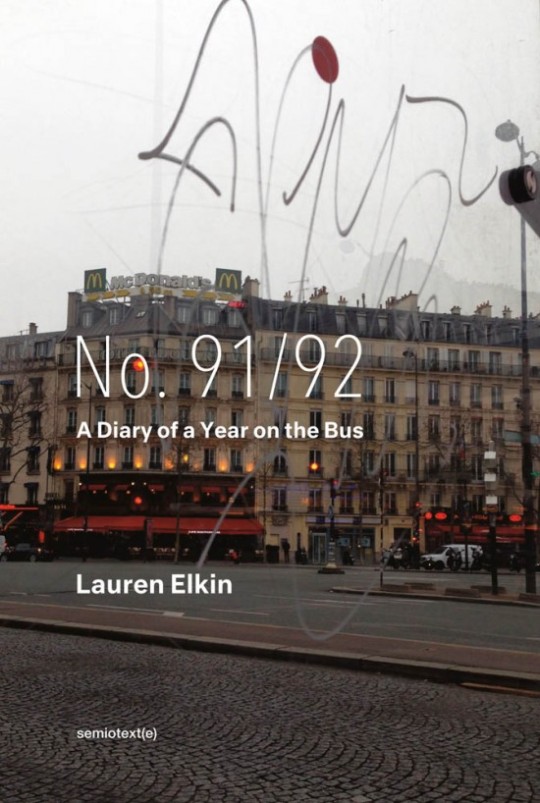
“I will carry out a public transport vigil, and use my phone to take in the world around me, to notice all the things I would miss if I were using it the way I have been, the way they all are. I’ll use the phone to look around me rather than down at its screen. Instead of taking pictures that wind up in someone else’s morning feed, I’ll use the phone to see the world myself. Exercises not in style but in vigilance.” --Lauren Elkin, No. 91/92: A Diary of a Year on the Bus
13 notes
·
View notes
Photo

"I have long been fascinated by how people understand themselves using landscape, by the topographies of self we carry within us and by the maps we make with which to navigate these interior terrains. We think in metaphors drawn from place and sometimes those metaphors do not only adorn our thought, but actively produce it.”
“We are adept, if occasionally embarrassed, at saying what we make of places — but we are far less good at saying what place makes of us. For some time now it has seemed to me that the two questions we should ask of any strong landscape are these: firstly, what do I know when I am in this place that I can know nowhere else? And then, vainly, what does this place know of me that I cannot know of myself?”
--Robert MacFarlane, The Old Ways: A Journey on Foot
42 notes
·
View notes
Photo
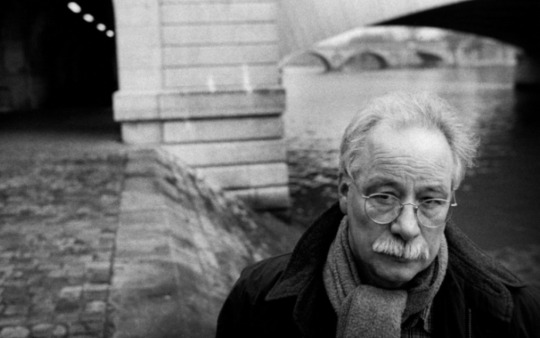
“It is the question why, despite a long and loyal marriage, despite devotion to his daughter, he was always alone. His books are so full of this aloneness that some critics scoff at it--why is every street, every landscape, so improbably empty? But really it was no laughing matter. Like his pessimism--which critics with more fortunate dispositions also question--his essential solitude was with him for most of his life.” --Carole Angier, Speak, Silence: In Search of W. G. Sebald
28 notes
·
View notes
Photo

“The dilemma of topographical writing is this, that to omit the areas one feels alienated from is to disrupt one's mirroring of the earth's continuities, while to include them is to exhibit as blemishes what may in fact merely be dull spots of the mirror, failures of sympathy or comprehension. And the usual escape from this dilemma is into the time dimension, where even drab contingencies have their precedents and pedigrees.”
“[T]ogether we would contemplate the mysterious essence of stones, which is not their constancy--they were his, they are mine, and will be another’s--but their ability to absorb all the words we write on them into the darkness of their cores.”
--Tim Robinson, Stones of Aran: Labyrinth
20 notes
·
View notes